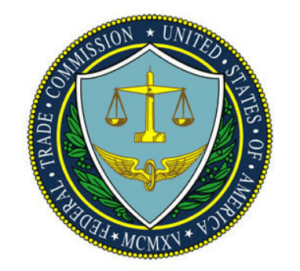by Amélie Champsaur, Mirko von Bieberstein, Guillaume de Rancourt, Sebastian Kummler, Camille Kernevès, Andreas Wildner, and Marc Christopher Baldauf

Top from left to right: Amélie Champsaur, Mirko von Bieberstein, Guillaume de Rancourt, Sebastian Kummler.
Bottom left to right: Camille Kernevès, Andreas Wildner, and Marc Christopher Baldauf. (Photos courtesy of Cleary Gottlieb Steen & Hamilton LLP).
Germany and France, the two largest economies in the EU, have adopted laws to hold companies accountable for violations concerning human rights and environmental protection along their supply chain. With the German Supply Chain Due Diligence Act (Lieferkettensorgfaltspflichtengesetz, “LkSG”) and the French Duty of Vigilance Law (Loi de vigilance, “Vigilance Law”) both countries have already implemented a respective regulatory framework that would be refined by a future European Corporate Sustainability Due Diligence Directive (“CS3D”), which would mandate all other Member States to implement similar laws.
The following provides an overview of the key aspects of the LkSG and the Vigilance Law, draws comparisons between the LkSG and the Vigilance Law and gives an outlook on the envisaged CS3D for supply chain due diligence in the EU in the future, based on the latest proposal.







